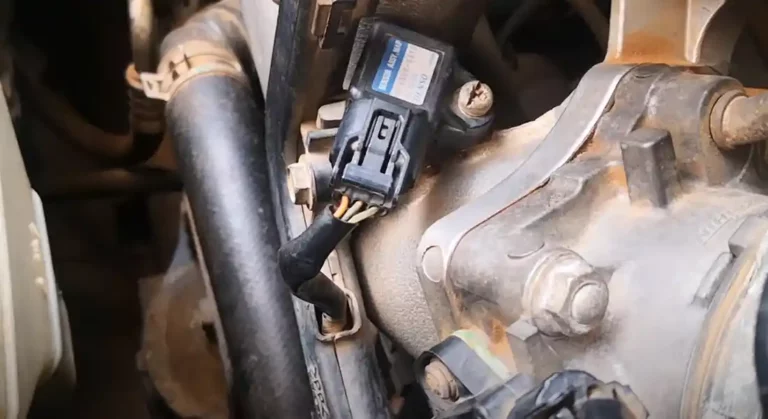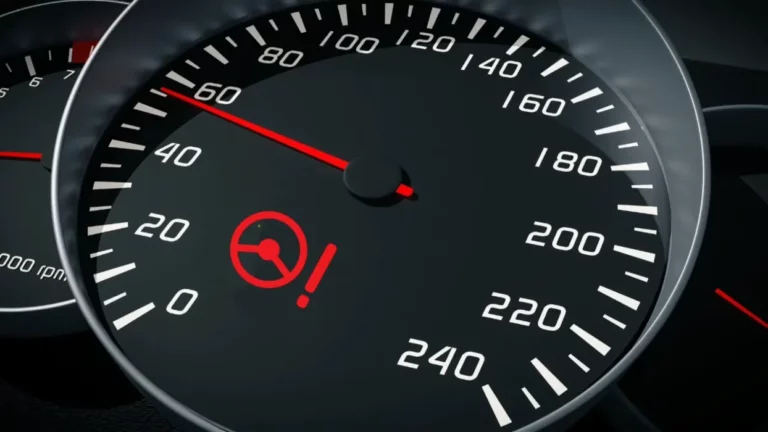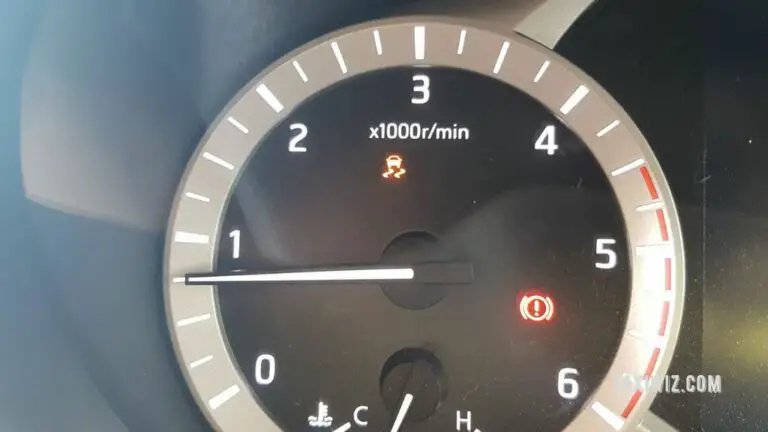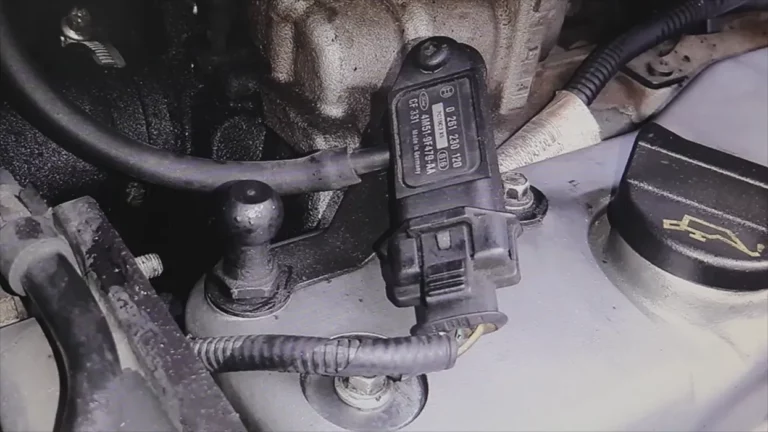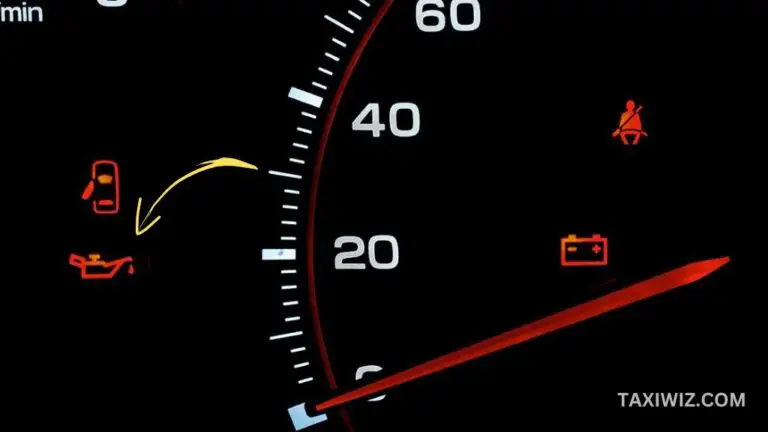Would Gasoline Prematurely Ignite Diesel Engine
Imagine running low on diesel in the middle of nowhere and finally finding a gas station– only to find out you’ve absent-mindedly filled up gasoline in your diesel engine instead of diesel. Even if this doesn’t happen to everyone, this scenario somehow still catches up to you if you deal with fuel for long enough. And if you do, the first question that comes to mind is, would gasoline prematurely ignite diesel engine?
In short, yes, it does. Since diesel engines don’t have spark plugs, they operate by combustion that happens through compressing hot air. So, when gasoline, a highly volatile fuel, is added to a diesel engine, an eruptive mixture is created with the hot air combined, which causes premature ignition and even detonation.
In most cases, adding gasoline to a pool of diesel does no good to your engine and will leave costly damages. Hence, to warn you, we’ve included all the do’s and don’ts of this terrifying situation in this article. To know more, read on.
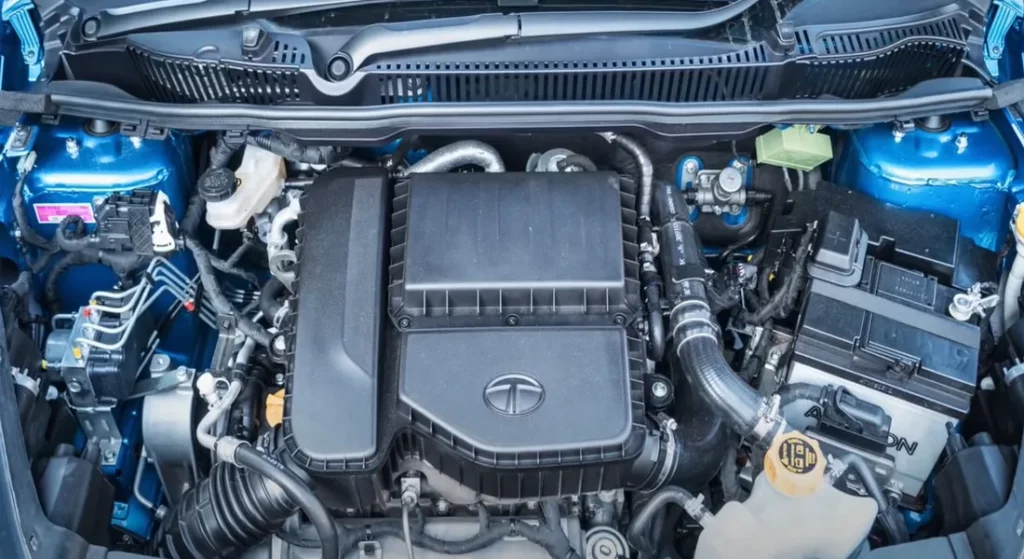
When Does a Diesel Engine Prematurely Ignite?
Diesel engines have always been relevant for having reliable and rugged nature. It’s been well known to have more efficiency and performance rate for its fast-paced motor-start among us users. This is possible as diesel engines start through a compression-ignition cycle– ultimately making combustion.
Now, the diesel combustion process is quite straightforward. So when messed around, it’s not surprising that the outcome includes premature ignition.
These engines work in a certain manner. As soon as the fuel is injected, it passes through a nozzle at high velocity, gets atomized into tiny droplets, and then enters the combustion chamber. Absorbing heat from the compressed heated air gets vaporized and mixes up with high-pressure air. When the disruption of this process takes place, that’s when combustion increases and gives birth to premature ignition in diesel engines.
Some common situations that cause Pre-ignition in diesel engines include-
- Premixed fuel
- Increased temperature and mixed air.
- Increased pressure
- Faulty port design
- High compression ratio
- Incorrect timing of the fuel injection
Would Gasoline Prematurely Ignite Diesel Engine? Reasons Why
Most of us question this because in the basic sense of ways, gasoline should be working fine in a diesel engine as it doesn’t ignite without spark plugs and diesel engines don’t have spark plugs. However, if it was that simple we all would have been using one fuel in the place of another. The same goes with the case of using gasoline instead of diesel in a diesel engine.
We say this because gasoline is highly flammable and ignites quite easily in spark ignition engines. Thus, it has a very low ignition temperature compared to diesel fuel, which means when mixed, it creates a volatile mixture– resulting in premature ignition. So, yes, mixing gasoline in a diesel engine will cause premature ignition.
Some in-depth reasons as to why this phenomenon takes place are-
- Ignition timing: diesel engines create combustion through high temperature and pressure and compression is the one that raises the temperature of the fuel-air. So, upon using gasoline, the compression rate increases drastically and the fuel-air mixture ignites before the intended ignition timing–causing pre-ignition and even detonation in drastic cases.
- Different Ignition Method: Diesel engines always rely on spontaneous combustion, which is a condition where diesel combusts using high temperature and pressure without a spark and this makes them strong enough to endure high compression ratios. However, gasoline ignites too easily, which requires it to create a lower compression. Hence, when gasoline is put into a diesel engine, the mismatch in compression ratio’s compatibility causes premature ignition at the wrong stages.
- Flashpoint: compressions in diesel engines always require diesel to atomize for creating combustion. So, when gasoline enters the system, it evaporates more because gasoline has a lower flash point than diesel. So much so that even 1% of gasoline contamination will result in very low diesel flash points that’ll reach almost 19 degrees Celsius. This high difference in flash points causes pre-ignition in diesel engines and leads to major engine damage.
- Longer ignition delays– gasoline takes a longer delay time between ignition and injection compared to that diesel fuel, which is the actual compatibility of diesel engines. This delay also known as lower cetane rating is another reason why premature ignition takes place.
- Physical properties: the composition and purpose of gasoline fuel differ considerably from that of diesel fuel. Hence mixing fuels of two different properties causes immense damage including pre-ignition.
No matter the engine, it’s always imminent that you use the correct fuel type. Gasoline’s volatile properties, lower ignition temperature, and nature can cause premature ignition when used in diesel engines.
Why is Gasoline Different from Diesel Fuel (Gasoline vs Diesel)
It’s understandable why you might be confused about why gasoline doesn’t work on diesel engines since they’re so similar and even made of the same chemicals. Mind you, they’re quite different from each other and if you want to detect the damages of filling gasoline into diesel engines, you’ll have to know the differences first. So to speak, the major differences are-
Medium
The density of diesel fuel is much more than that of gasoline. Hence, in terms of volume, thickness, and weight, gasoline is more liquid compared to diesel oil.
Lubricant
Gasoline doesn’t have any lubricant properties, while diesel is wholly considered a lubricant. In diesel engines, one of the primary reasons why diesel fuels work is because it lubricates the injector pump, which is not possible with gasoline.
Volatility
Gasoline is highly flammable and ignites quickly. So much so that, a match stick will catch on fire just from the vapors of the gasoline. On the other hand, diesel oil will ignite even when a match stick is thrown into it.
Efficiency
Diesel can generate higher power as it’s denser than gasoline– almost 14%. Of its high density, it can provide more energy and results in a more efficient engine compared to gas engines. Moreover, diesel burns way more through compression compared to gasoline igniting through spark plugs, which is also a reason why diesel has higher efficiency.
Cetane Ratings
Gasoline has low cetane and high octane, which is why they are easier to ignite. On the other hand, diesel fuels have high cetane and low octane, which is why they ignite through combustion.
What are the Symptoms of Pre-ignition After Using Gasoline in a Diesel Engine?
If you’ve used less than 10% gasoline while there’s still some diesel left, it’s most likely that there won’t be any premature ignition but still cause engine issues. However, using more than 4.5 liters in small to medium cars, and exceeding 7 liters in vans and large cars will cause pre-ignition. Hence, if you happen to use this amount, here are some of the symptoms you’ll come across-
- The engine will stop suddenly after running a few miles.
- Power will decrease
- Start to roughly idle
- Leaks around seals and hoses of the fuel system.
- Damage in the fuel pump due to lack of lubricant
- Unable to start the engine.
What to Do if You Accidentally Use Gasoline in Diesel Engine
Don’t panic if you’ve accidentally used gasoline instead of diesel. Stay calm and follow these mentioned steps-
- Don’t start the engine. As soon as you detect that you’ve used the wrong fuel, don’t try to start the engine and keep it still.
- If you somehow already started the engine, take action to stop immediately even if it’s in the middle of the road. Running engines on incompatible oil damages the fuel injector and causes high damage to the engine.
- Once you stop your vehicle in a safe location, call the nearest roadside assistance. A professional will help your engine’s tank drain the wrong fuel in a manner that’s not as damaging.
- If the mechanic advises servicing, you should get it done as there might be some irreplaceable damages due to the fuel mix.
Make sure you abide by all these steps so that your engine doesn’t get damaged permanently.
Frequently Asked Questions (FAQs)
At what point does diesel fuel ignite?
The flash point where diesel fuel ignites is 52-82 degrees Celsius which translates to 120°-180° in Fahrenheit. The ignition point depends solely on the type of density of the liquid. That’s because, since the pressure around the air of fuel changes, the flash point also changes.
Why is diesel less flammable than gasoline?
Diesel is known to have very less vapor pressure compared to that gasoline. Gasoline is highly volatile and vaporizes quite easily. That’s why diesel is termed as “combustible” and gasoline as “volatile”
Why is diesel stronger than gasoline?
Diesel lasts longer than gasoline because it is made with properties that allow it to withstand more compression. Moreover, it also has a thicker density compared to gasoline, which enables it to give more energy to vehicles. Hence, diesel is more efficient and reliable.
Final Words
When you’re dealing with engines or even just driving cars regularly, coming across situations like mismatching fuels is not out of the ordinary. This also calls for safety speculations. This is why it’s important to know the answers to, would gasoline prematurely Ignite diesel engine or not.
Keeping the safety hazards in mind, we’ve shed light on everything you need to know when you happen to fall in this situation. Nevertheless, always be mindful of what fuel you’re putting in since prevention is always better than cure.

